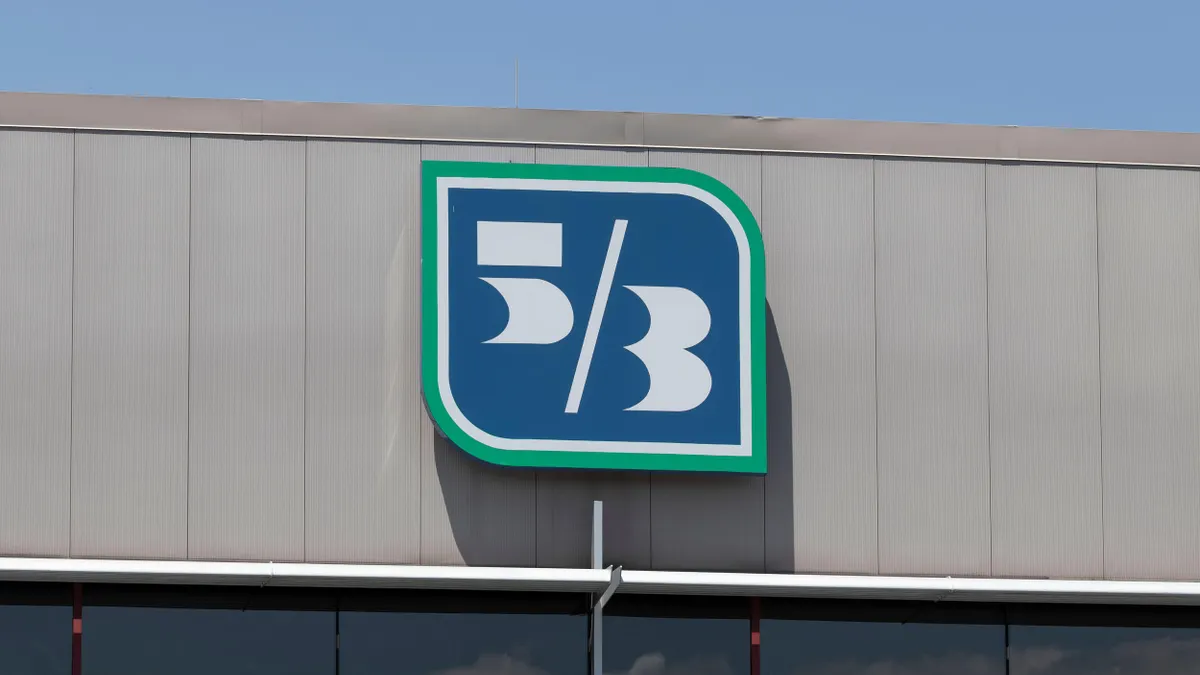The race to satisfy small and midsize businesses' demands for digital payments and other financial services is driving up acquisition activity across the payments ecosystem.
While some payments players are building up services for the small and midsize business (SMB) segment, others are paring those operations. A company's chosen strategy may depend on whether it's prepared to take on mounting competition in the arena.
Western Union last month sold its cross-border money transfer unit that catered to SMBs for about $910 million to a U.S. private equity group. Meanwhile, U.S. Bank has been buying up businesses, including Bento Technologies in August, to target SMBs' payments needs.
The acquisitive interest from some corners of the payments sphere comes as small and midsize businesses become increasingly aware of the need to digitally upgrade their payment systems to remain competitive, and richly funded fintechs, like Square, step up their attempts to court them.
“Cashflow management is a major challenge for many businesses, particularly for [small and midsize businesses],” a recent Juniper Research white paper said. “An emerging range of products allows businesses to more effectively manage their cashflow via automation.”
U.S. Bank is determined to meet those small and midsize businesses' new digital demands. To that end, the Minneapolis-based bank bought Bento, which sells payment and expense management services to small and midsize businesses and, in 2019, acquired Talech, a software provider that buttresses SMBs' point-of-sale systems. The Talech deal also onboarded Irv Henderson, now the bank’s chief digital officer for small businesses.
Those business customers may initially have come to the bank for checking account services, but now they’re seeking software services that integrate other functions such as invoicing, credit card management, payroll processing and supplier expense management, Henderson said in a recent interview.
U.S. Bank counts some 1 million businesses that make less than $20 million annually among its clients, Henderson said. “These customers are asking us to deliver more services,” he said. “We see that as a critical evolution of the services we must offer to continue to be meaningful.”
Indeed, if they don’t offer such services, a pack of upstart fintechs are lining up to take away clients. San Francisco-based Square is moving well beyond the small plastic reader to develop more financial and banking services, and a slew of other startups have followed.
Legacy payments players are also snapping up the businesses that court SMBs, too, as they look to compete. Payments processor Fiserv, in recent years, has swallowed businesses, including Clover and Pineapple Payments, in its quest to court SMBs.
Meanwhile, Western Union sold off its cross-border money transfer services unit focused on small and midsize businesses in August in an effort to concentrate on its consumer business and digital white-label services, said Shelly Swanback, the company’s president of product and platform. This will allow Western Union to focus not just on consumer-to-consumer money transfers such as remittances but on providing other financial services for the company’s millions of users worldwide, she said.
The Denver-based company may also have understood that the growing appetite for payments companies that cater to small and midsize businesses made it an opportune time to sell a unit that offers cross-border payment services to SMBs. Western Union’s stock got an initial pop after it announced the Aug. 4 divestiture of the unit, though shares have drifted down since then. Representatives of the investment firms that bought the unit, Baupost Group and Goldfinch Partners, didn’t respond to requests for comment on their intentions.
“Right now, innovation is at a high with cross-border payments, and the reason for that is we have seen how efficient we can be with domestic payments,” said Erika Baumann, a research director at the financial services consulting firm Aite Novarica.
Generally speaking, the mid-tier banks realize they must up the ante to compete for middle-market business clients, especially with respect to cross-border and card services, she said last week. Banks are also engaging in partnerships to meet some of those client needs, she said.
“At this point, financial institutions are recognizing there is a market opportunity there, and there may be an opportunity cost,” Baumann said.
For its part, U.S. Bank remains on the hunt to buy more businesses that focus on small and midsize clients, Henderson said. The bank will continue to “aggressively” acquire, partner and build new operations that cater to that segment of business owners, he said.






















